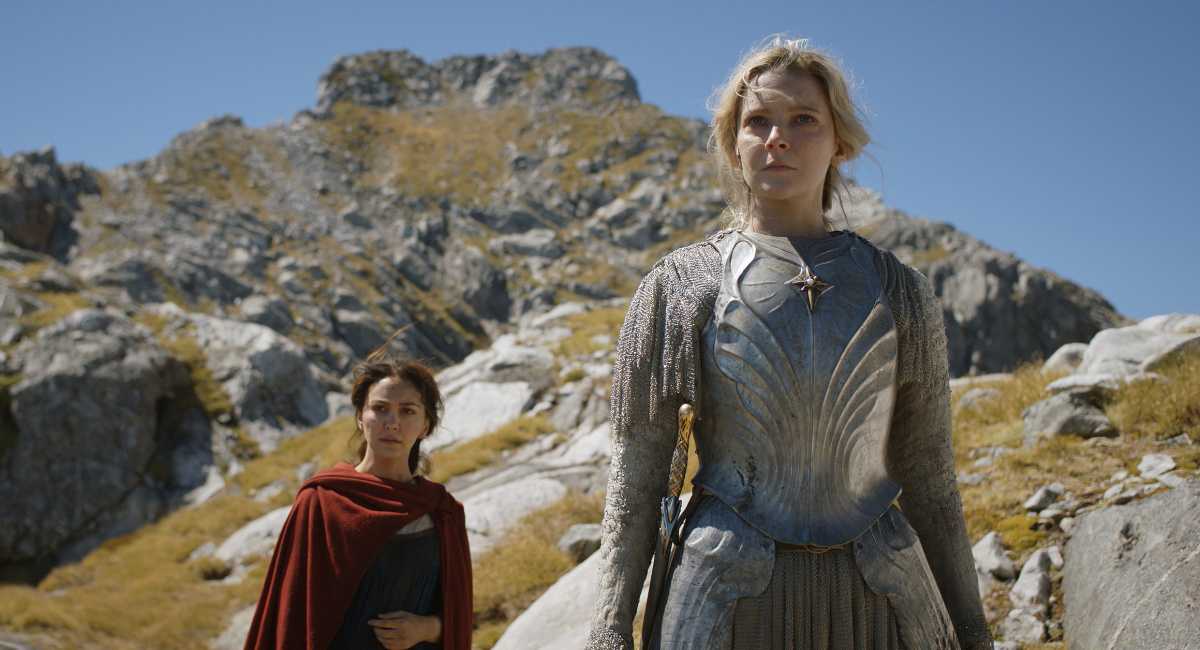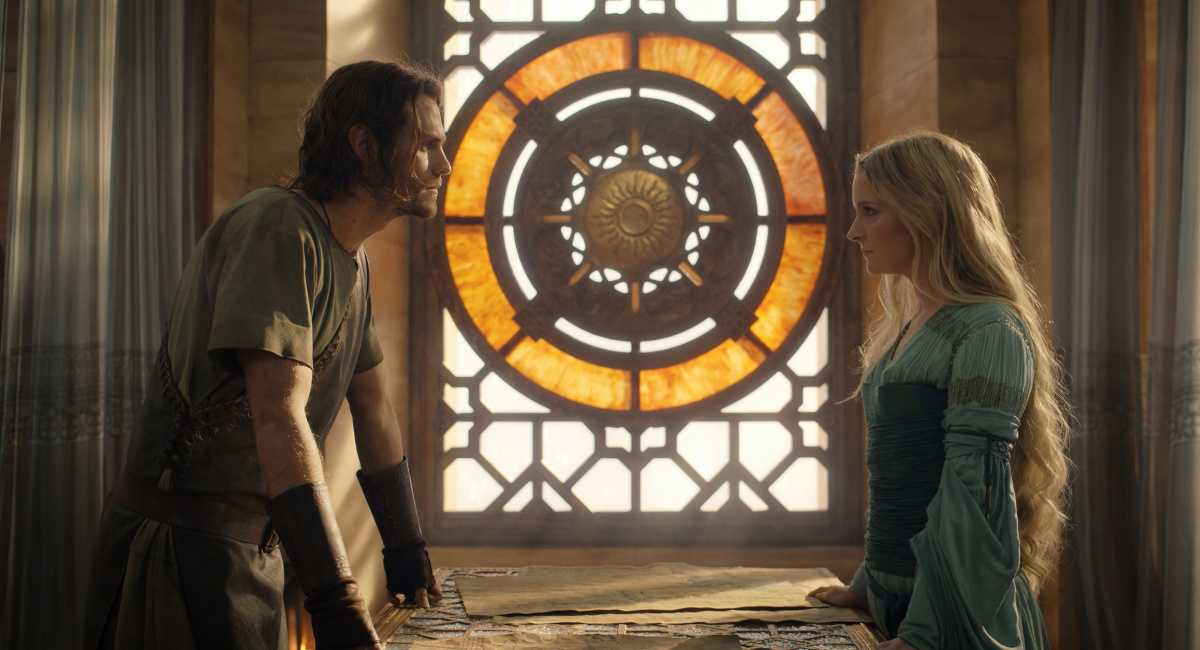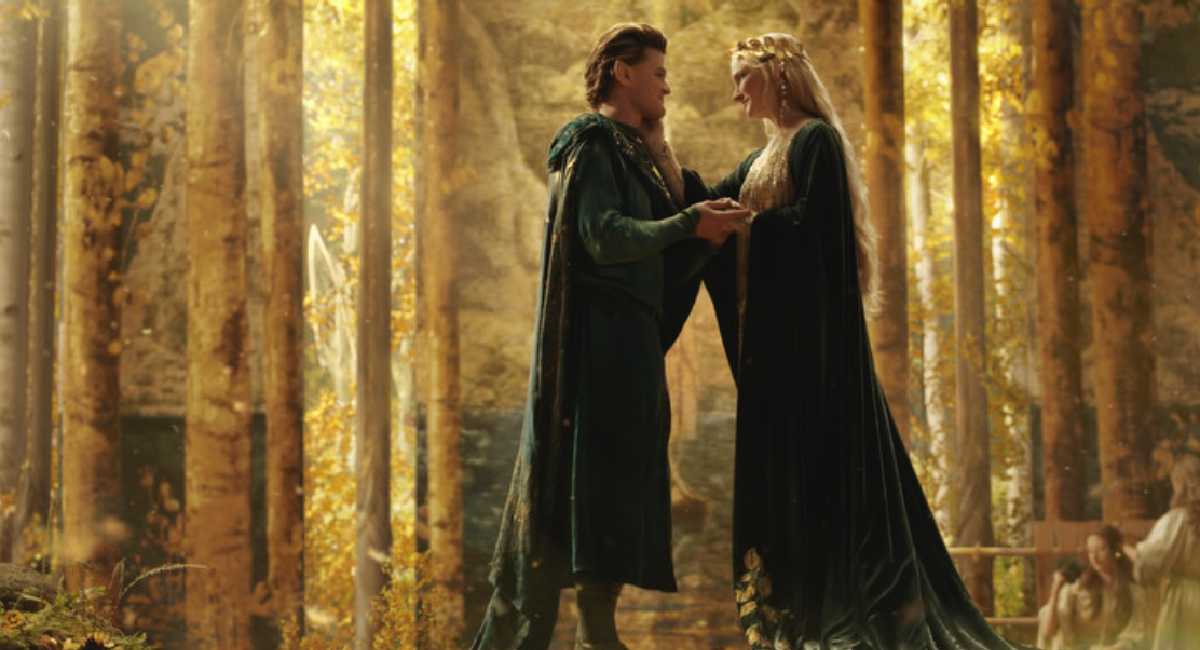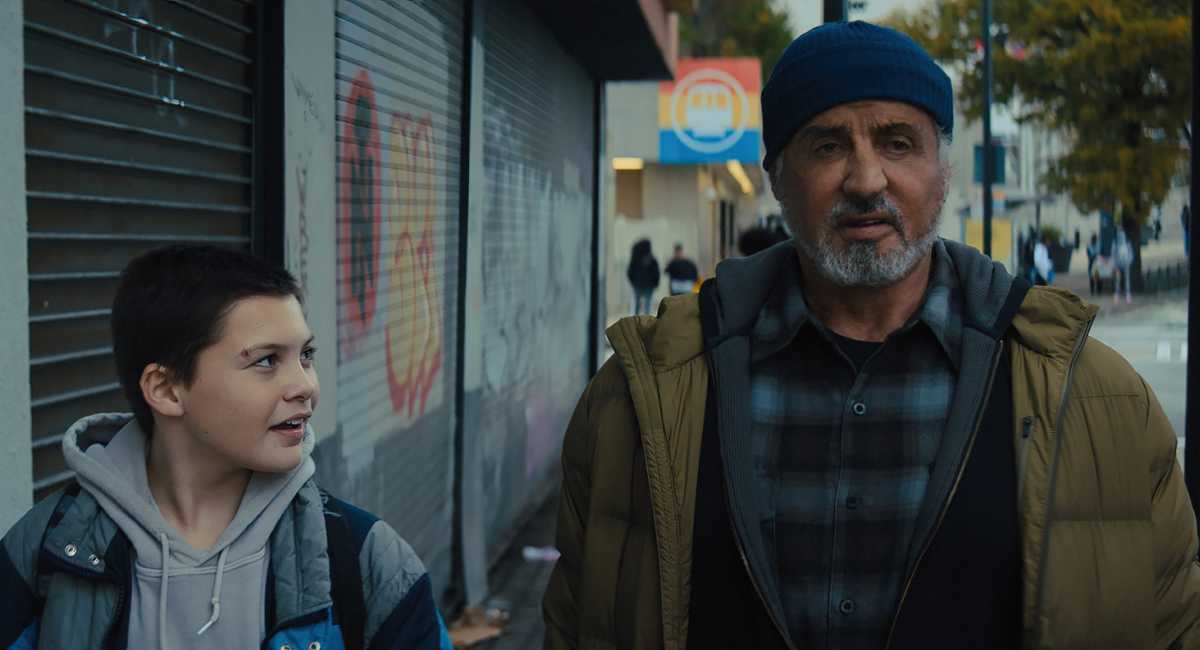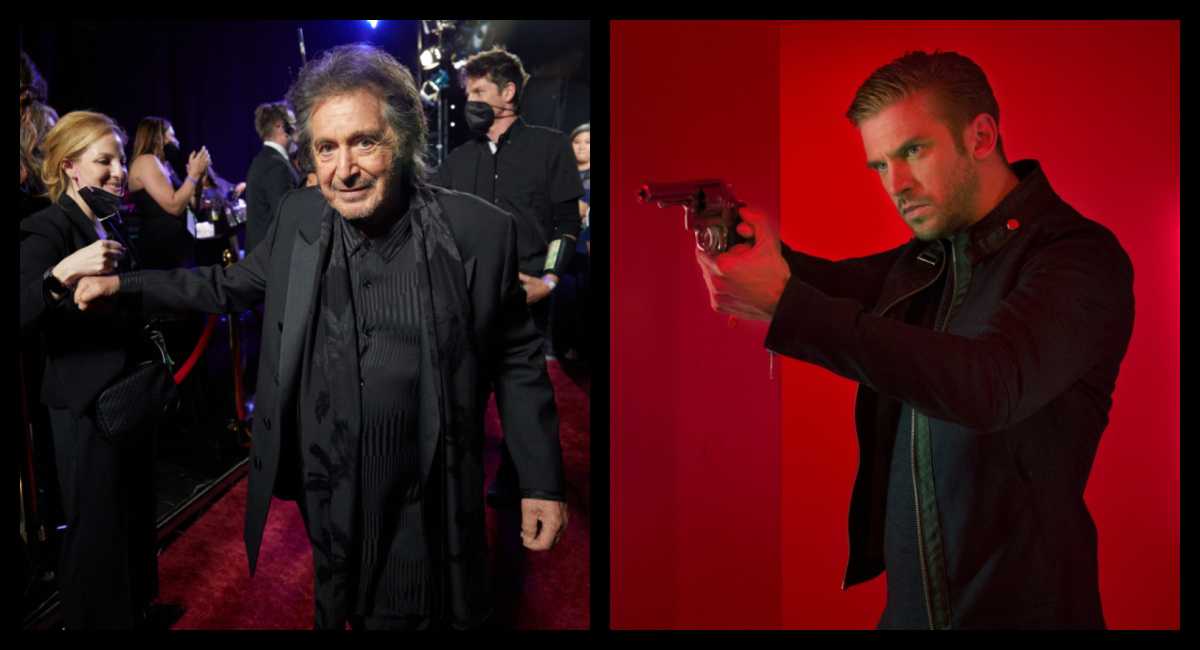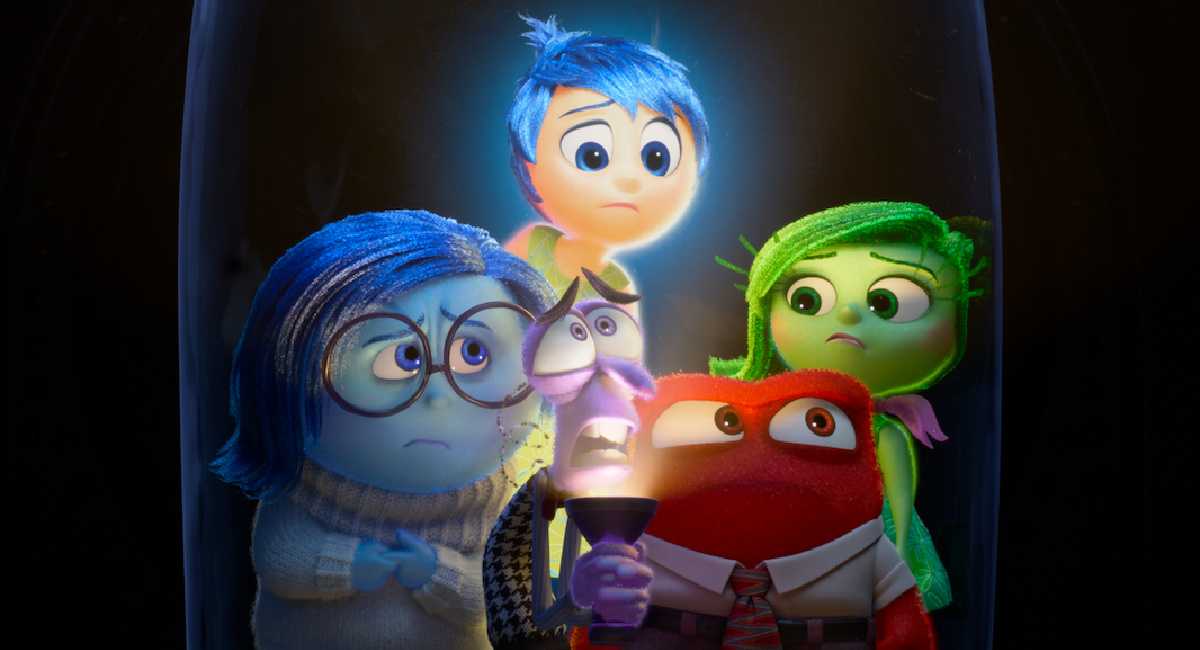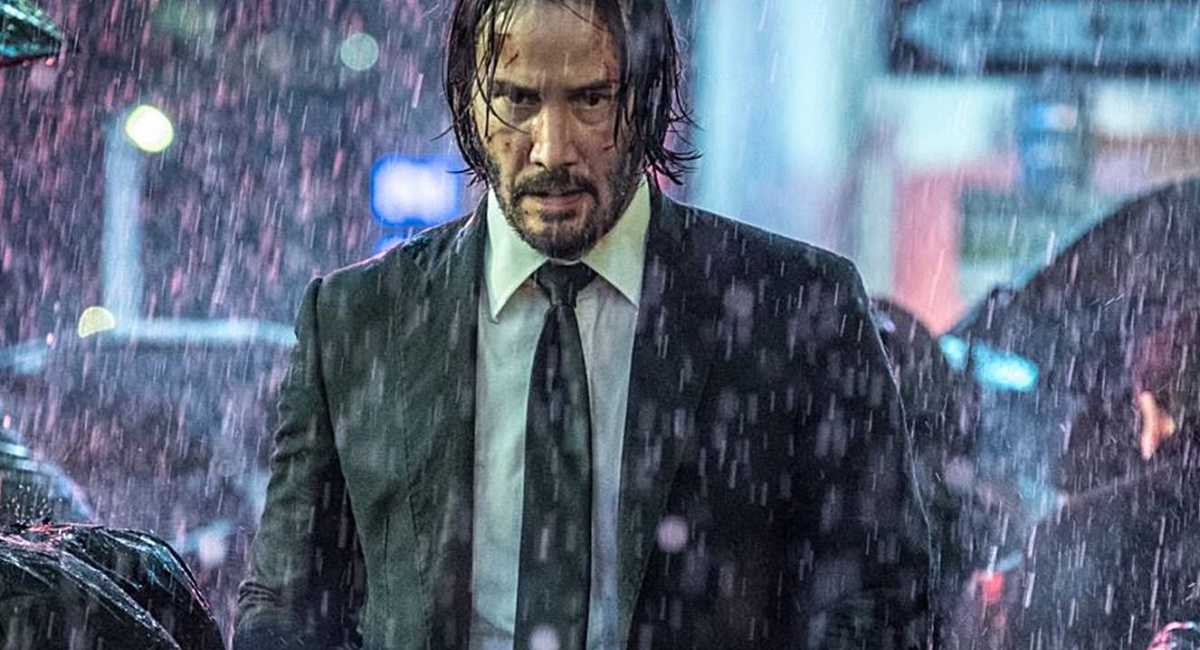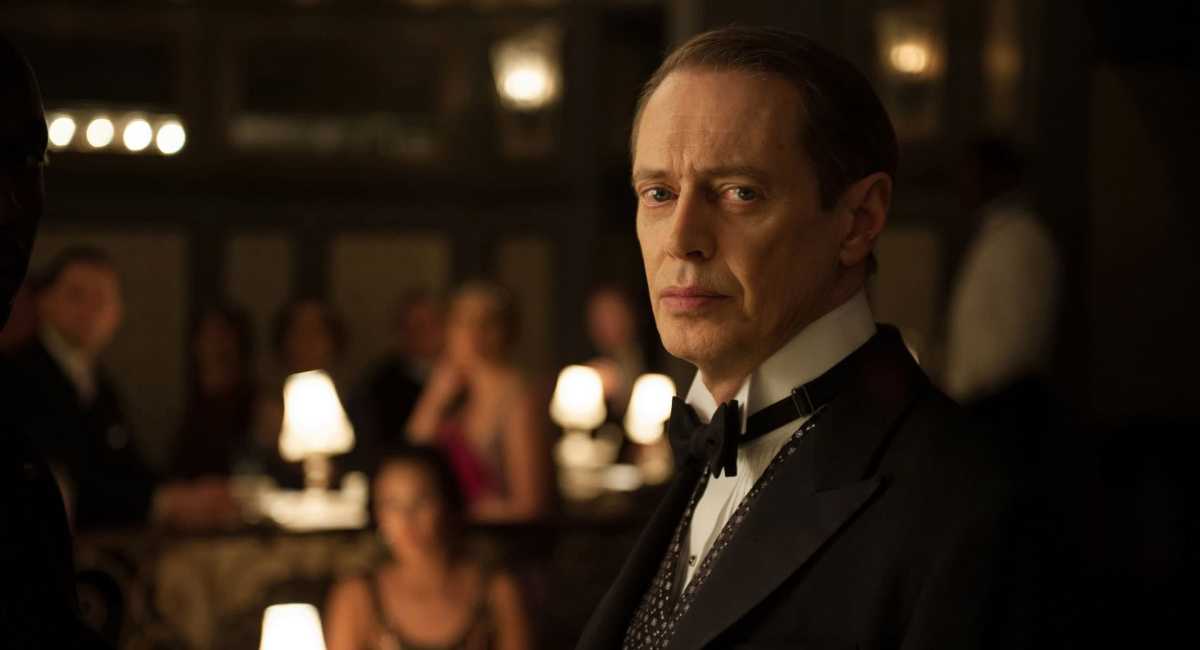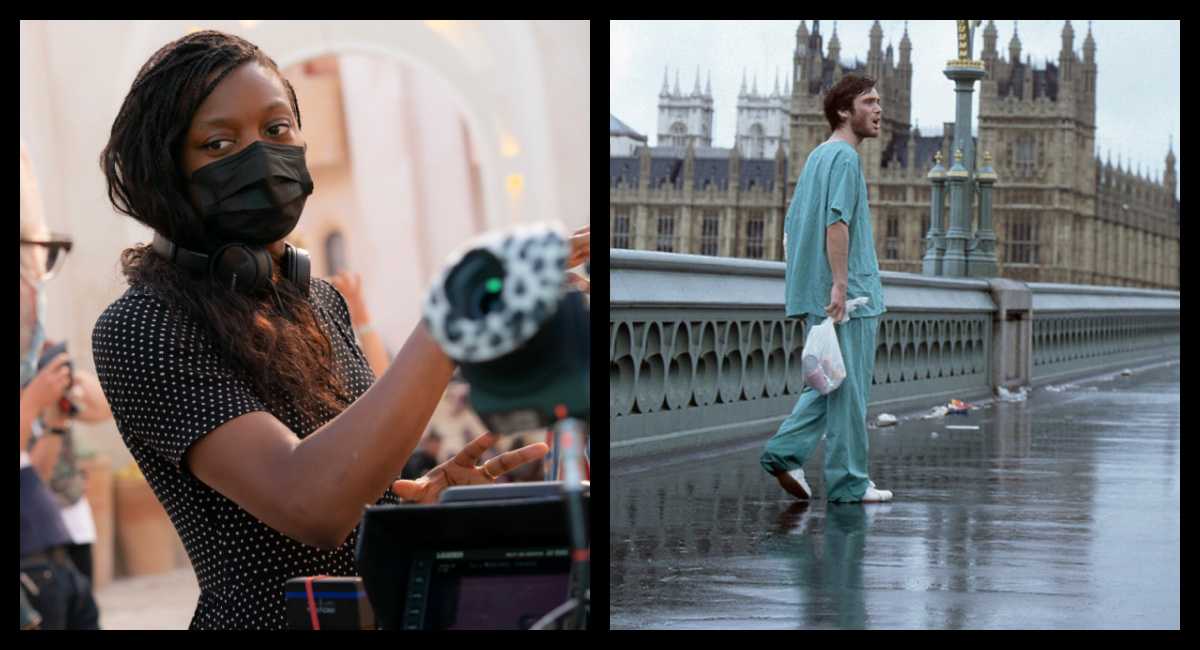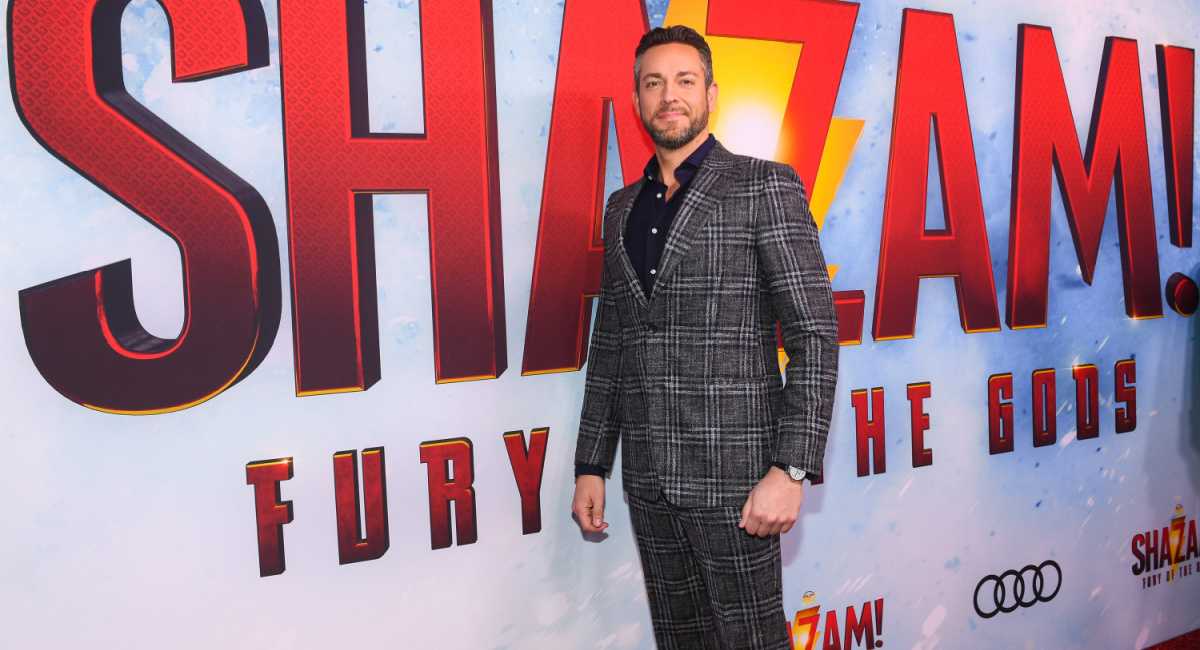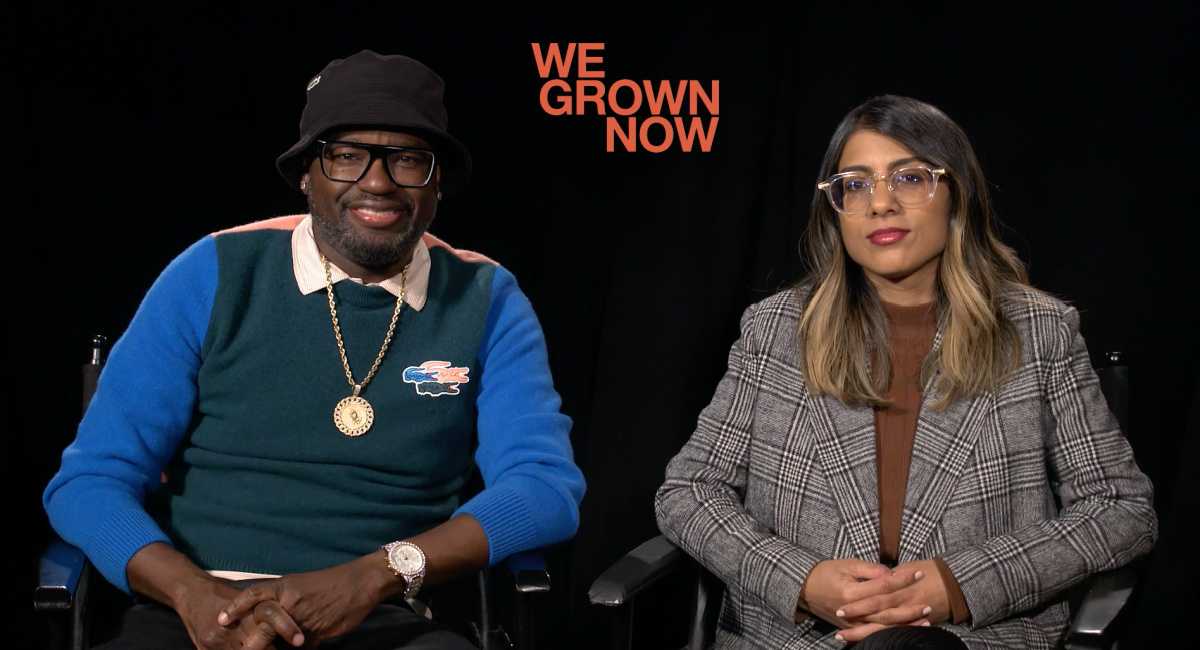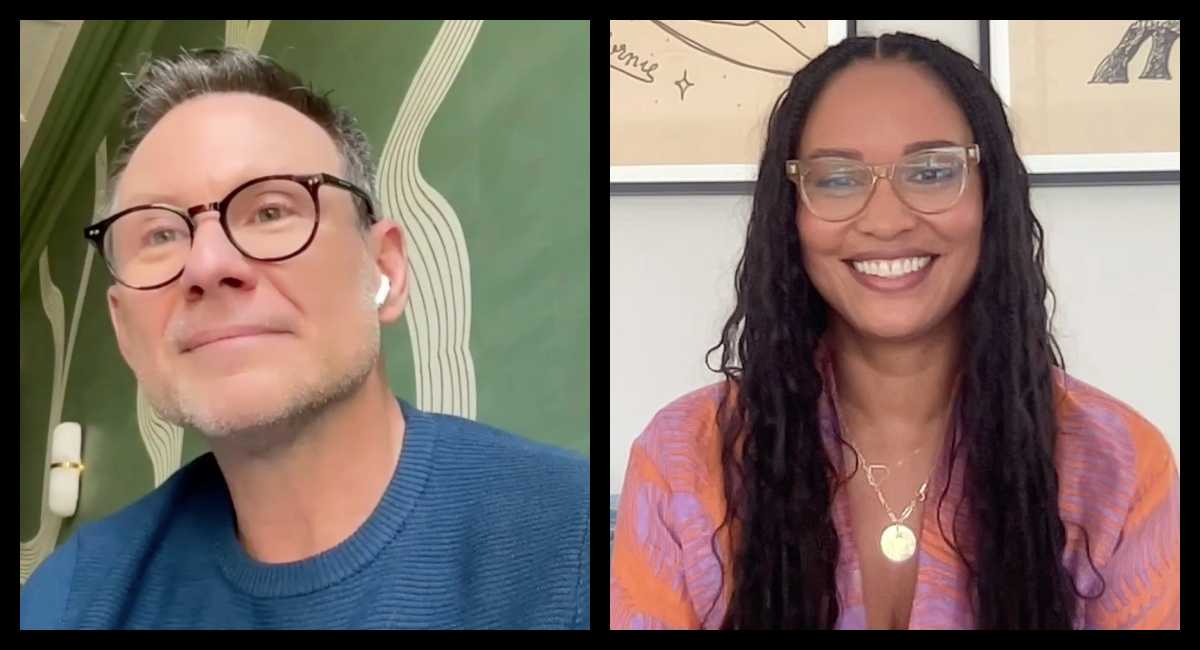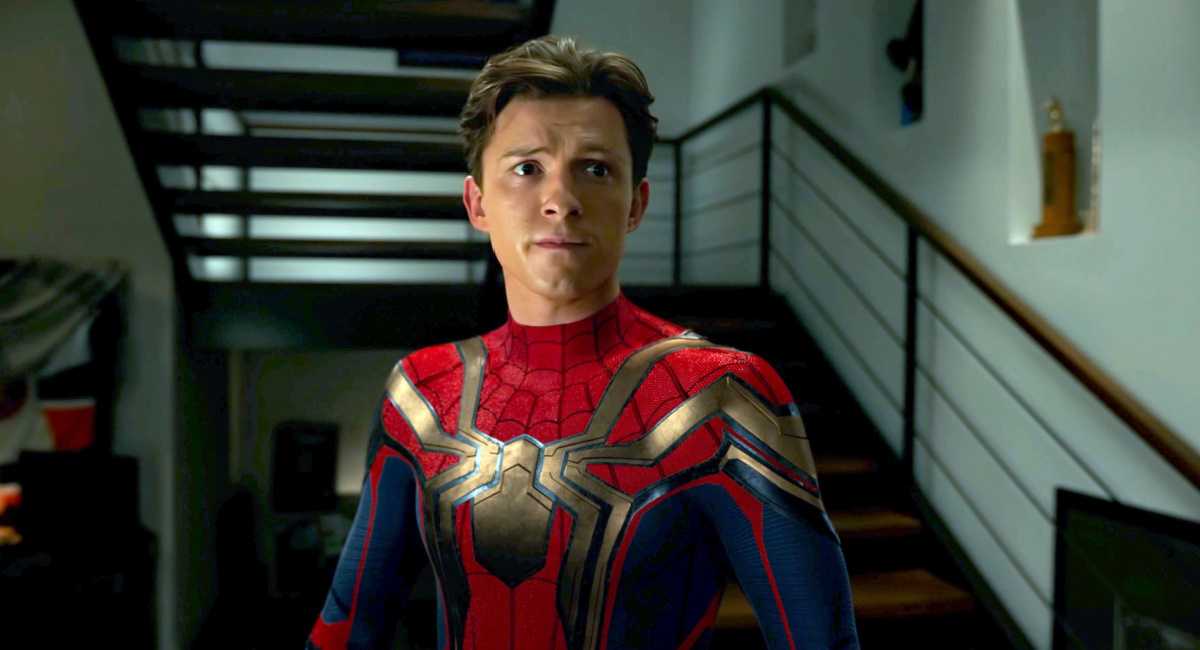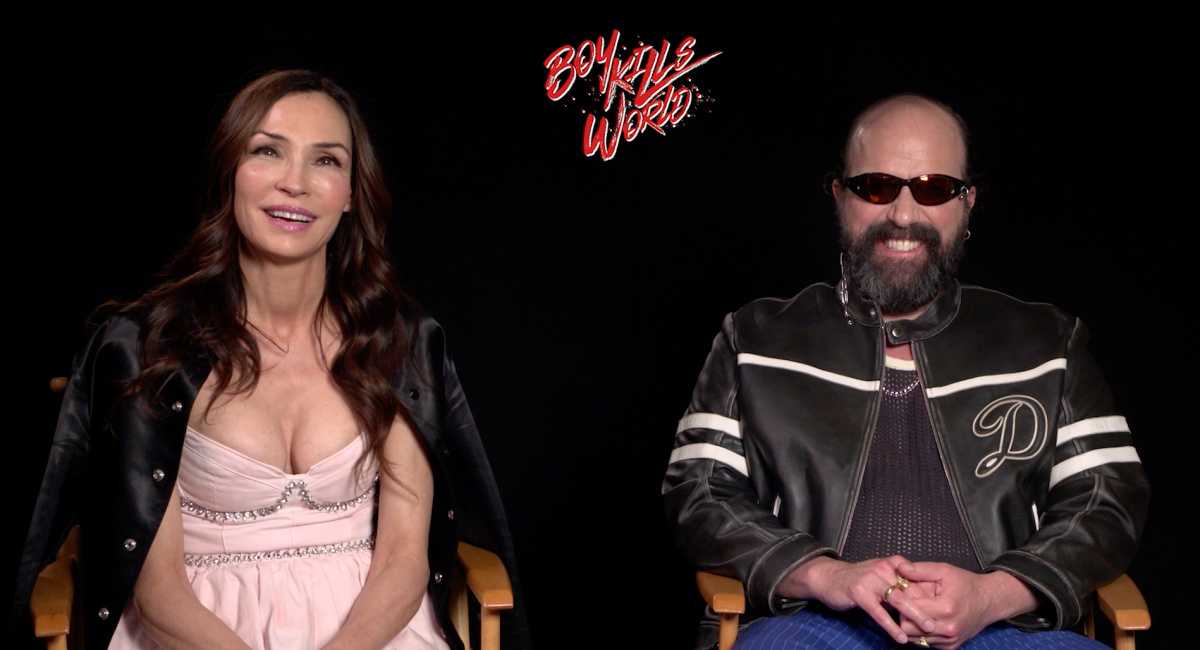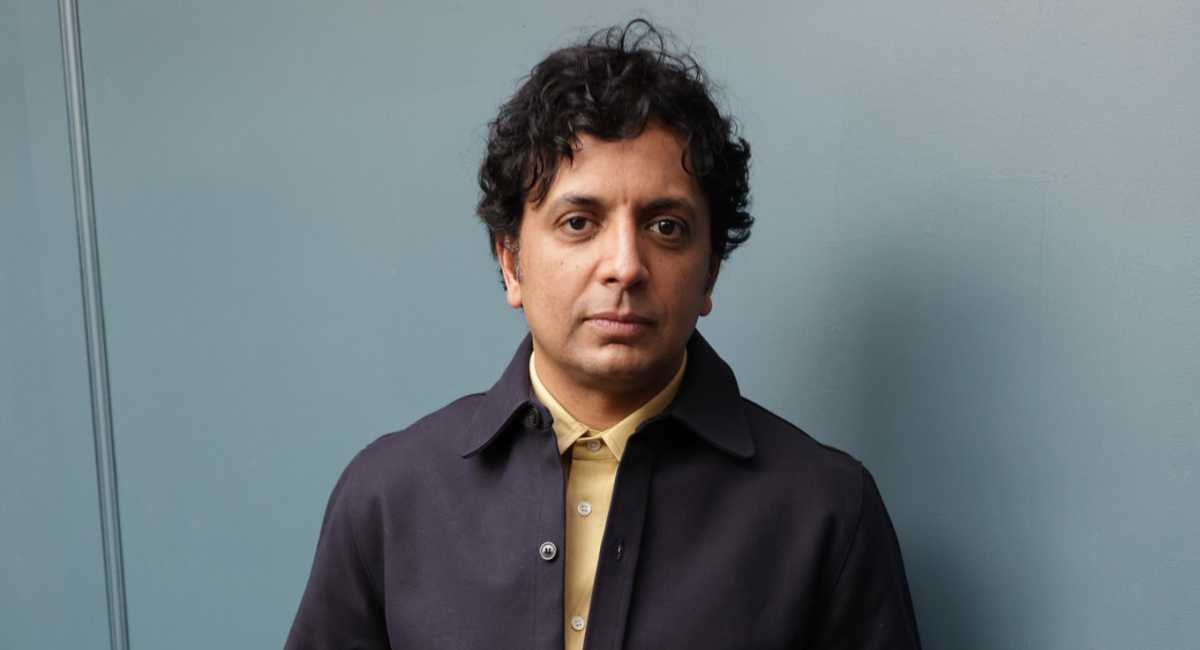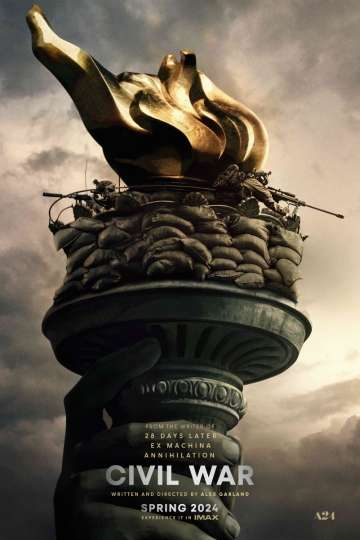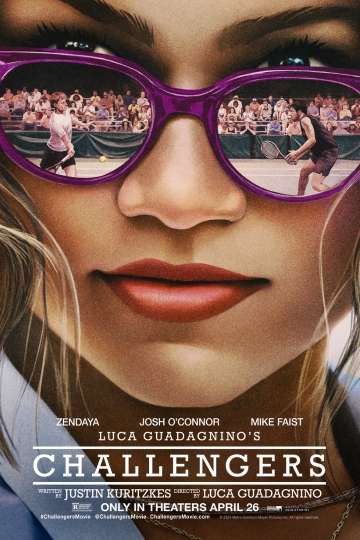Billy Bob Thornton Is Down-and-Out and Seeking Justice in 'Goliath'
With his captivating, awards-gathering turn as ice-cold contract killer Lorne Malvo in the first season of "Fargo," Goliath."
The actor (and Academy Award-winning filmmaker) takes on the role of rumpled attorney Billy McBride for the new David E. Kelley-created series -- which drops all 10 episodes on Oct. 14 -- a formerly high-powered legal ace now taking meetings in his favorite Oceanside watering hole across the way from his no-frills hotel residence.
The role is an about face from the amoral, self-possessed Malvo, and an ideal fit for Thornton, who's seen his share of highs and lows throughout his career, as he revealed when Moviefone joined him in a small press roundtable.
What was the first thing that hooked you on this project? What was the thing about it that, after "Fargo," made you say, "I think I want to do another TV show"?
Billy Bob Thornton: Well, "Fargo" was such a great experience. There's no independent film business anymore. If you're going to do it, you've got to do it for Amazon, or Netflix, or whatever. So it's either do big studio movies, which are mainly sort of video game kind of movies, or cartoons for kids -- which have their value; I'm all for them. But I'm not the first guy they call for that.
So the kind of movies that I made are now being made on premium cable, so you look around to see what's out there. This offer came to me, and I always wanted to play a lawyer, especially one with a sense of justice that's not exactly like what the legal system generally likes. Also, I like to play characters that are kind of down and out, trying to claw their way back. Been there myself.
How do you bring the originality to that type of character, which can sometimes be a trope? How do you make that kind of fresh when you're approaching it?
You do it by having a bunch of scenes that maybe aren't so related to that, and when you have the opportunity to make a scene different, you speak up. You say, "Hey, what if we did this instead?" So, at least with the stuff that I was involved in, every day we tried to make sure that we weren't doing just a standard TV scene or something. The other folks, I can't just go change their stuff. It's not my show. But at least in terms of my stuff, I try to, if I saw an opportunity to do something that maybe raise the bar a little bit, I would try to do it.
But it inherently, while it may be a story we've seen certain aspects of before, it's so timely right now to have the sort of David and Goliath story, because we're so all concerned right now with corporate stuff and governmental things. People against the system. So I think it's timely in that way.
In a way, it reminded me of a modern day "Rockford Files."
Oh yeah.
Where it's fun to see him down and out.
Yeah, exactly.
And then see him turn things around. Did you kind of get that feeling?
Absolutely. I didn't think in the beginning, but then I remember I was doing a scene on the boat with the Marquez brothers. I was doing a scene down there, and it was kind of like a combination of like "Columbo" and "Rockford" because it's like, "Hang on a second. Let me ask you a question ..." Because I am kind of a regular guy doing it. It's not like the lawyer you normally see in the button-down suits all the time. I drive that beat-up car that I love. So there are real similarities to those things, and I loved those shows when I was growing up. I still watch them. So it's nice to have one that's a modern-day show, but has some aspects of the shows that we loved seeing. So that was one of the things.
Had you ever played a lawyer before?
I did. I played in "The Judge," with Robert Downey and [Robert] Duvall, but that was more as a cameo. So I didn't get to do it much, but I liked it. When I did that it was like, "Wow. Yeah. I'd like to do this for a little longer."
Lawyers and actors have a real similar job. A lawyer's trying to put on a show for the jury. They're coming up with their character, or telling their witness how to act, or whatever. Acting as a director for their witnesses. If you've seen the ESPN documentary, you see exactly how much coaching goes into preparing folks. So in the movie business, we're trying to sell our story to an audience. I think in that sense, they're very similar.
Lawyers have to be good actors. There's no doubt about it. But, fortunately, actors don't have to be good lawyers in real life.
You have good lawyers.
You try to!
His regular hangout is one of my very favorite places in Santa Monica, Chez Jay on Ocean Avenue.
Oh, I know, right? I used to hang out there.
Much of the series takes place in that geographic territory in Los Angeles, that very specific Santa Monica locale, and it feels very specific. What was intriguing to you about doing that and having that kind of specific backdrop?
Well, I used to hang out at Chez Jay. I remember other actor friends of mine who really frequented the place. I guess when I first moved to L.A. 36 years ago, Santa Monica was like this sort of paradise that you'd always heard about or whatever, and it's famous. There's the pier and the Boardwalk and all that kind of stuff. So I guess I remember it that way.
Now, I've lived here most of my life. It's like, I go down to Santa Monica now, I'm used to it. But you can see the look on people's faces who aren't from here, how cool they think it is to be down there. So to have a place in a touristy area like Chez Jay, which really is just a dive, it's cool to have a place there where locals like to hangout. As opposed to say some restaurant where mainly tourists go to.
When this project came to you, did you consider coming in as a producer?
I don't like it when I'm the smartest guy in the room. I'd rather be the dumbest guy in the room. I like to go to work and be just an actor, just go do my job and go home. So being a producer to me doesn't really appeal to me much.
As a director, when I direct my own stuff, I direct it mainly as self defense. It's like, I write a script, and then why would I give it to this guy? I already know what it's supposed to be. That's the only reason I direct, frankly, and I don't do it very often. And I think these days, the kind of movies that I want to make as a director are probably passé at this point. All the stuff I write is based on Southern literature. I'm not sure there's an audience for that.
Would you want to do a TV show, though, yourself, as the principal creative force?
I've actually come up with a couple that we're talking to some people about. I can see doing that. I wouldn't want to be a guy who was there on a daily basis, in, like, a writers' room doing that. I'm not -- otherwise I'd just go back to the sawmill, you know what I mean? Like I used to. I mean, I got out of the sawmill so I could do something that changes all the time. You know what I mean?
What prompted your move to L.A. 36 years ago?
Buddy of mine was coming out here, wanted to be a screenwriter. I was in music, mostly. I came out here to see if maybe I could get in a band out here, because the band I was in at the time had broken up.
I was in [a ZZ Top cover band] at one point, yeah -- late '70s, about '79, I guess -- we did it for a couple years. Because I was in a band that sounded a lot like them, and one of their guys that used to work for them said, "How'd you like to be the ZZ Top tribute act?" They didn't have those back then -- we were one of the first ones. We said, "I don't know. What do we get out of it?" Guy saw us at a club in Houston -- he said, "How much are you making?" I think it was like $300. He said, "How'd you like to make $1,500?" We said, "We'd like that very much."
So I just came out here with him, with my buddy. We met a guy out here -- we didn't know anybody, and I met this one guy who [knew] my writing partner, Tom Epperson, who I came out here with -- he and I wrote several scripts together; we were neighbors back home.
He had some loose connection to this one guy here was an actor -- I think he knew his mom or something. He said, "Hey, I'm in an acting class. You ought to come and try it out. Tom says you were in drama class in high school." I said, "Yeah, but I only did that so I could maybe get a decent grade in something. And there were girls in there." I went to the guy's acting class, and one thing led to the next.
Any particular takeaway you want people to get out of "Goliath"?
I hope people start to really understand that we don't live in a fair society. That what is legal and what is fair sometimes are two different things. I hope we get that out of it.
Any chance we'll see you on "Fargo" again?
I don't think so -- I mean, unless they make it into a ghost story! If they do, I'd be happy to go back. Yeah. I love doing that, I've got to tell you. I had so much fun doing that show. The crew and the cast were so great. I think Noah [Hawley] wrote a terrific series.




